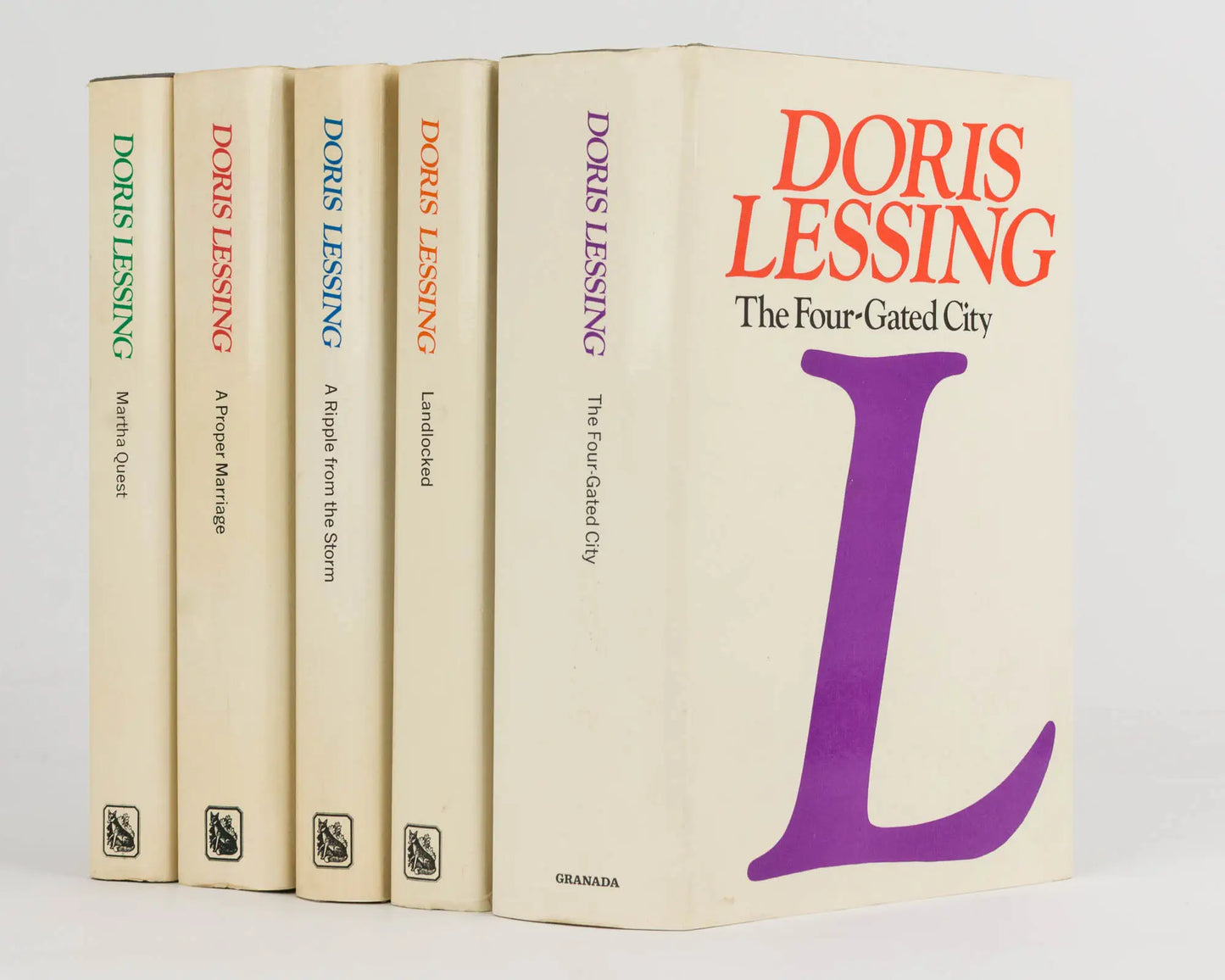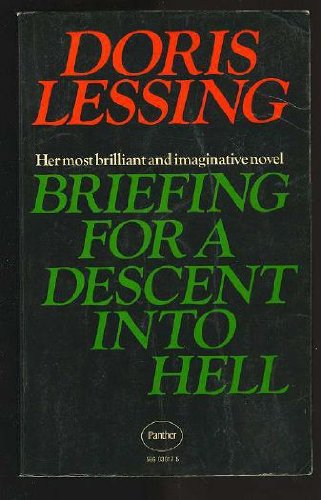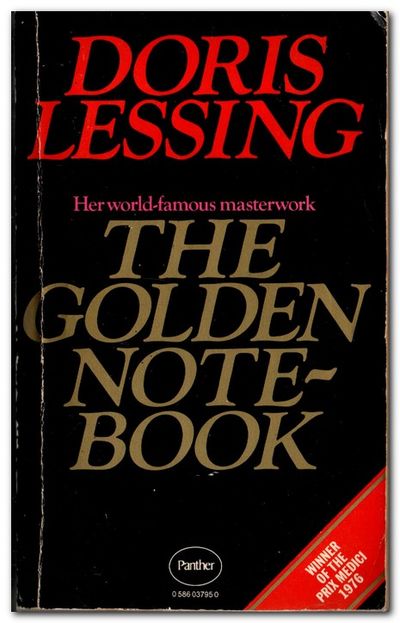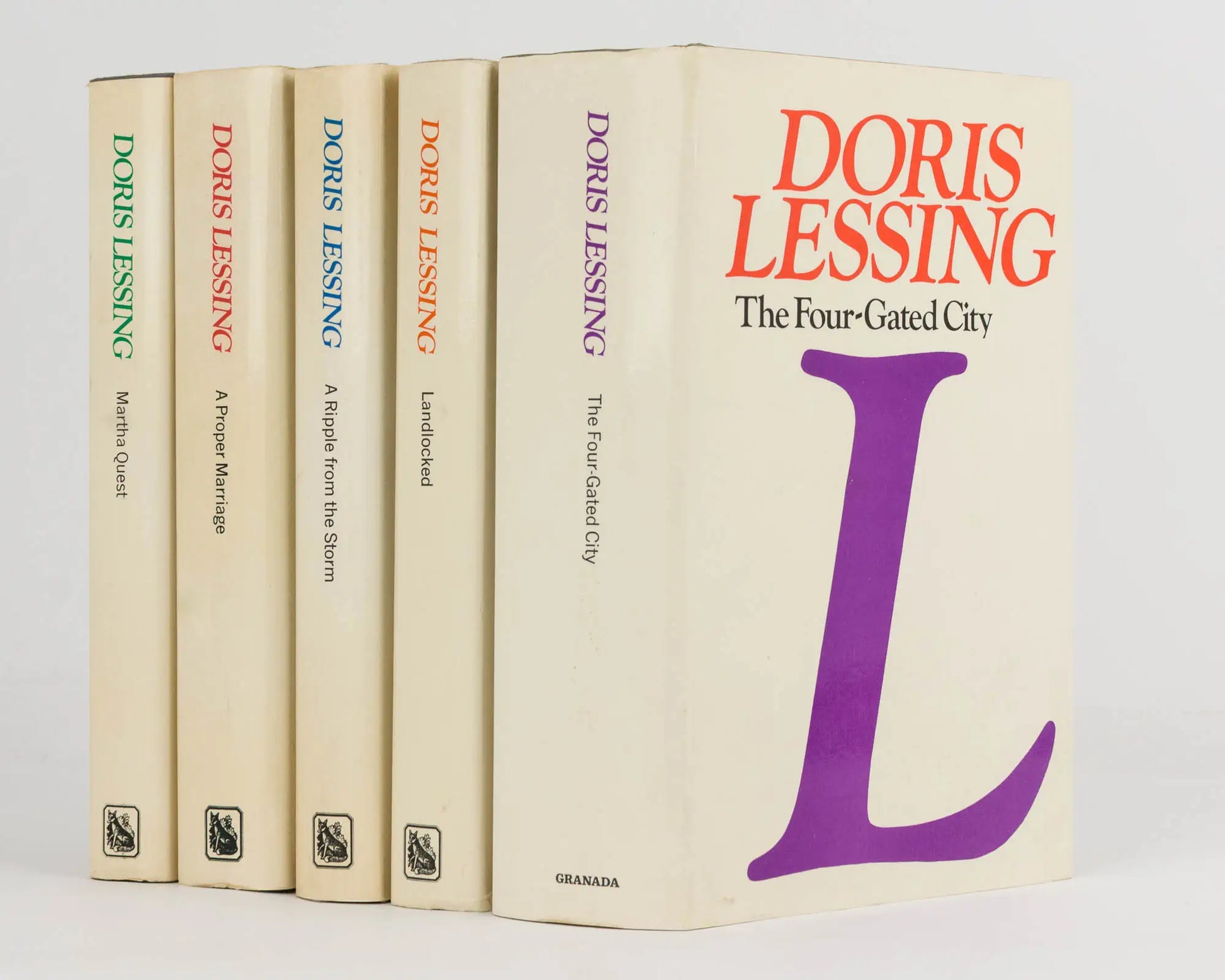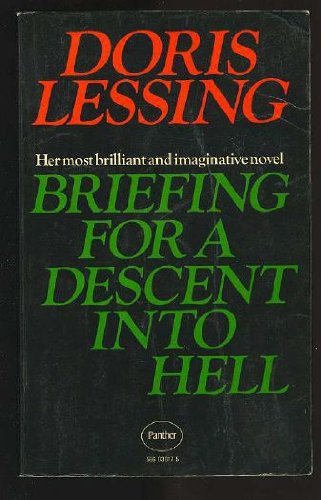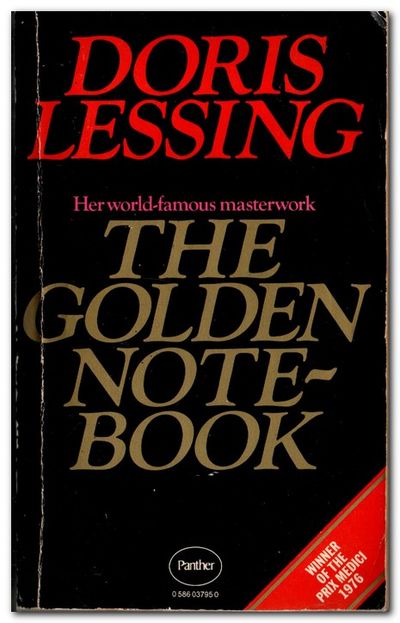Minor Canon
Doris Lessing hat
Couldn't load pickup availability
Doris Lessing (née Tayler; 1919–2013) was a British-Zimbabwean novelist. She was born to British parents in Iran, where she lived until 1925. Her family then moved to Southern Rhodesia (now Zimbabwe), where she remained until moving in 1949 to London, England. Her novels include The Grass Is Singing (1950), the sequence of five novels collectively called Children of Violence (1952–1969), The Golden Notebook (1962), The Good Terrorist (1985), and five novels collectively known as Canopus in Argos: Archives (1979–1983).
Lessing was awarded the 2007 Nobel Prize in Literature. In awarding the prize, the Swedish Academy described her as "that epicist of the female experience, who with scepticism, fire and visionary power has subjected a divided civilisation to scrutiny." Lessing was the oldest person ever to receive the Nobel Prize in Literature, at age 87.
Lessing left school at age 13 and was self-educated from then on. She left home at 15 and worked as a nursemaid. She started reading material that her employer gave her on politics and sociology and began writing around this time. In 1937 Doris moved to Salisbury to work as a telephone operator, and she soon married her first husband, civil servant Frank Wisdom, with whom she had two children. Lessing left the family home in 1943, leaving the two children with their father.
After the divorce, Doris's interest was drawn to the community around the Left Book Club, an organisation she had joined the year before. It was here that she met her future second husband, Gottfried Lessing. They married shortly after she joined the group, and had a child together, before they divorced in 1949. She did not marry again.
Lessing moved to London in 1949 with her younger son, Peter, to pursue her writing career and socialist beliefs, but left the two older children with their father. She later said that at the time she saw no choice: "For a long time I felt I had done a very brave thing. There is nothing more boring for an intelligent woman than to spend endless amounts of time with small children. I felt I wasn't the best person to bring them up. I would have ended up an alcoholic or a frustrated intellectual like my mother."
As well as campaigning against nuclear arms, she was an active opponent of apartheid, which led her to being banned from South Africa and Rhodesia in 1956 for many years.[In the same year, following the Soviet invasion of Hungary, she left the British Communist Party. In the 1980s, when Lessing was vocal in her opposition to Soviet actions in Afghanistan, she gave her views on feminism, communism and science fiction in an interview with The New York Times.
Her first novel, The Grass Is Singing, was published in 1950. The work that gained her international attention, The Golden Notebook, was published in 1962. By the time of her death, she had published more than 50 novels, some under a pseudonym.
Lessing's fiction is commonly divided into three distinct phases. During her Communist phase (1944–56) she wrote radically about social issues, a theme to which she returned in The Good Terrorist (1985). Doris Lessing's first novel, The Grass Is Singing, as well as the short stories later collected in African Stories, are set in Southern Rhodesia (today Zimbabwe) where she was then living. This was followed by a psychological phase from 1956 to 1969, including the Golden Notebook and the "Children of Violence" quintet. Third came the Sufi phase, explored in her 70s work, and in the Canopus in Argos sequence of science fiction (or as she preferred to put it, "space fiction") novels and novellas.
She died on 17 November 2013, aged 94, at her home in London.
This hat is based on the designs for the Granada editions of Lessing's books, published in the 1960s and 70s.
• 100% chino cotton twill
• Unstructured, 6-panel, low-profile
• 6 embroidered eyelets
• 3 ⅛” (7.6 cm) crown
• Adjustable strap with antique buckle




